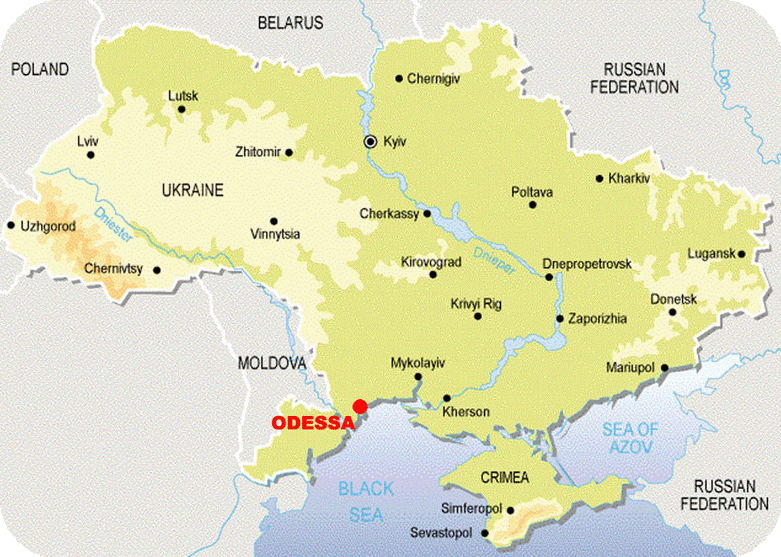My point is that U-boats would have their components standardized and then built in various places.
These components would then be transported to the slip where they were then assembled into a whole U-boat.
U-boats are welded, so as long as the pieces are actually up to standard, this shouldn't be a problem.
For the Liberty/Victory ships, that proved possible. For U-boats, I'm not sure it could be, ever. Even allowing stockpiles of engines, torpedo tubes, & such, they have to be installed on slip, & that can only be done so fast. (How the U.S. built so many fleet boats so fast, IDK...but it looks like U.S. yards were comparatively slow.)
I have problems with the idea of accelerating the U-boat build to do more damage early in the battle.
Your analysis is depressingly on target.

Germany cant aquire more. So, what doesn't get built?
At the risk of demanding Hitler actually be sane,


less civilian goods?
So if we can't get more U-boats, we need better ones (or ones used better). Personally I don't think better training and deployment would make a huge difference until the U-boats start surging in late 41 (the peacetime boats obviously had better trained crews).
Huge, maybe not. Perceptible, IMO, yes. I do still think the benefit of getting to & from station faster is underestimated by most. (So, if we've only sped up transits for the existing number of boats {more/less; say somewhat fewer, given they're *Type IXs, not Type VIIs}, there's still a gain for the Germans.) I also can't help wonder how much more-accurate shooting matters, because that's (apparently) the easiest to improve dramatically (without crimping something else in the German war effort).
every litre used to train a U-boat is one that isn't driving a tank around.
That was true OTL, too, so... I also wonder about fuel quality; couldn't diesels use lower grade than even "pool petrol" used by
Heer?
The interesting question is would investing in better training butterfly away the wolf pack?
That's a very interesting proposition. I'd suggest not, because of the size of convoys: when there are so many targets, it makes sense to have more boats (& more firepower) concentrating around them.
Better training implies more training time.
That's liable to be curtailed in wartime in any event. If we presume
BdU starts with better-trained crews (&, more important, better-trained skippers), the starting "score" is going to be higher. If better skipper training is maintained (& it can be, without undue fuel use, IMO), the "dead wood" issue is reduced (if not eliminated). Better skipper training need not take inordinately longer; the key, IMO, is selection for aggressiveness, less than purely technical competence. (How you test for that, IDK... At the time, AFAIK, nobody had an ideal way. Enlist the best psychologists & psychiatrists in Germany... {url="https://en.wikipedia.org/wiki/The_Seven-Per-Cent_Solution_(film)"]"Tell them I was murdered by my mathematics tutor."[/url]

})
My question is, did
BdU exchange tactical data between skippers & HQ as standard? Did tactics change in response to Allied threats? (I'm honestly ignorant of that, I'm embarrassed to say.


) I do know it was SOP for Pac Fleet skippers; I'd presume it for the Germans.
Did
BdU "redistribute" experienced men into new boats? That was SOP for Pac Fleet, too: typically, about a third of a new-construction boat's crew would be "old hands". Training was ongoing & continuous, too; it appears
BdU took a view crews had to approach perfection before they'd be released for operations.
This is one of the big reasons the quality and commitment fell off in later years.
Drafts were also a function of high losses. How much of that was because of a focus on convoy attacks, rather than a "commerce raider" approach? (How much would changing that actually
reduce sinkings...?:'

)
Better air support would be possible until Russia is attacked (maybe even after that to some extent). It rather assumes the British sit back and let this happen - Britain wasn't short of aircraft in 1941, just that a lot were being misused. Losing a battle tends to concentrate the mind, and long range fighters, more raids against the airfields, and panic production of escort and merchant carriers are on the cards. As are more LRMP aircraft, with the Atlantic supply link under serious threat, Bomber Commands theories about strategic bombing will get little support until things are safer.
You're entirely right. It does demand an answer to what Germany sacrifices; the first thing that comes to mind is bombing suppression of Malta: the a/c to do it are unlikely to be on hand.
The flipside is, changing the emphasis for TTL's Battle of Britain might just reduce a/c losses. The question to answer is, how did Göring persuade Hitler a shift away from FC bases was a good idea? And who persuaded Göring it was a good thing to convince Hitler of (& how was
that done)?
I do think the U-boat force could have been adjusted to do more damage, and by forcing changes in resource allocation affect other operations, but I don't see them winning this battle.
Care to offer an estimate of how much more?

) It would work against convoys...

